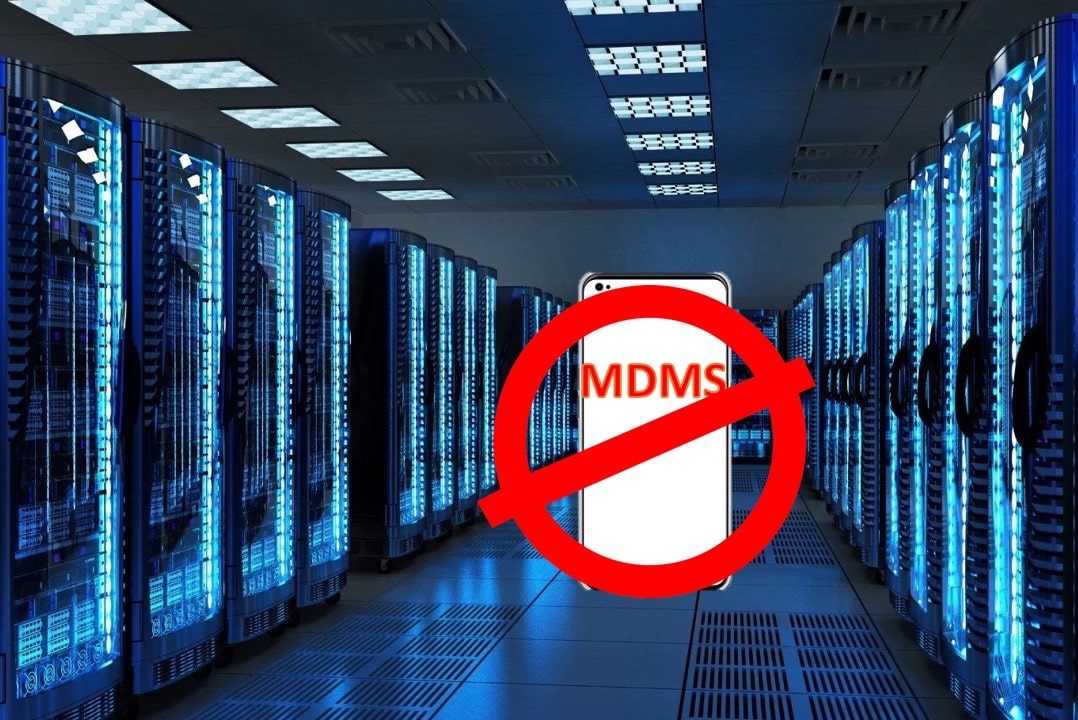Science & Technology

The Nepal Telecommunications Authority’s much-hyped Mobile Device Management System (MDMS) has come a copper once again after the government abruptly halted its implementation.
MDMS is a security application that allows the regulator to set policies that safeguard, monitor, and govern end-user mobile devices.
On September 15, the regulatory body made a soft launch of the system and had been preparing to implement it on Friday in an effort to reduce the gray market for smartphones. However, just as the NTA was set to turn on the system in earnest, in tandem with the Department of Customs, the government told them to step back.
Prime Minister Pushpa Kamal Dahal instructed his deputy and Minister of Finance Bishnu Prasad Poudel not to implement the decision to impose excise duty on mobile phones brought in by returning Nepali migrant workers.
“The Prime Minister has instructed the government to continue with the old customs regulations,” Dahal’s Press Coordinator Surya Kiran Sharma said on Friday.
PM Dahal’s instruction came after a strong backlash on social media. Nepali migrant workers came down heavily against the government decision to impose an 18 per cent duty on mobile phones brought in from abroad.
Their '#noremittance' campaign in protest of the customs duty on mobile devices brought from abroad soon went viral on social networks.
Pravasi Nepali Manch, an organisation of migrant Nepali workers, said in a statement: "The government is well aware that the country's economy is sustained by remittances sent home by millions of Nepali migrants.
"The decision to levy customs duty on a mobile phone and a laptop brought in by returning Nepali migrant workers is an exploitation of those folks."
#noremittance backlash
Many people have expressed their regret over the start of the "#noremittance" campaign on social media and urged the government not to enforce the rule at a time when the nation's economy has been stagnant.
Nepal is currently ranked 11th among the top remittance recipient countries in proportion to its Gross Domestic Product (GDP).
According to the World Bank's 'Migration and Brief-2022' report, Nepal's projected remittance receipts will constitute 21.8 per cent of its GDP. Nepal has a GDP of Rs4.85 trillion. The country ranked 10th last year.
According to the law, anyone carrying more than one smartphone when returning from overseas would be charged an excise duty of up to 18 per cent. If they hold more than two sets, the third will be confiscated by customs officials.
About 1.5 million mobile phones were brought in by traders and registered with the NTA in five months until November this fiscal. Close to 11,000 personal cell phones have been signed up during the period.
The International Mobile Equipment Identity (IMEI) records show that 3 million mobile phones have been registered over the period. The IMEI is a unique 15-digit code that tells you exactly what kind of device you have when you put in the SIM card.
The new regulation would require each new phone brought into the country to be registered for availing of phone services provided by the Nepali telecom operators.
MDMS enables the regulatory body to disable the unregistered device, preventing it from connecting to the cell towers. Before adding the device to the MDMS database, one must pay the applicable customs duty and obtain a Customs Declaration Form from the customs office.
Using the NTA link to register the devices with MDMS is still recommended in the interim. Users can check whether a mobile phone is registered with the mobile device management system at the time of purchase within the country.






